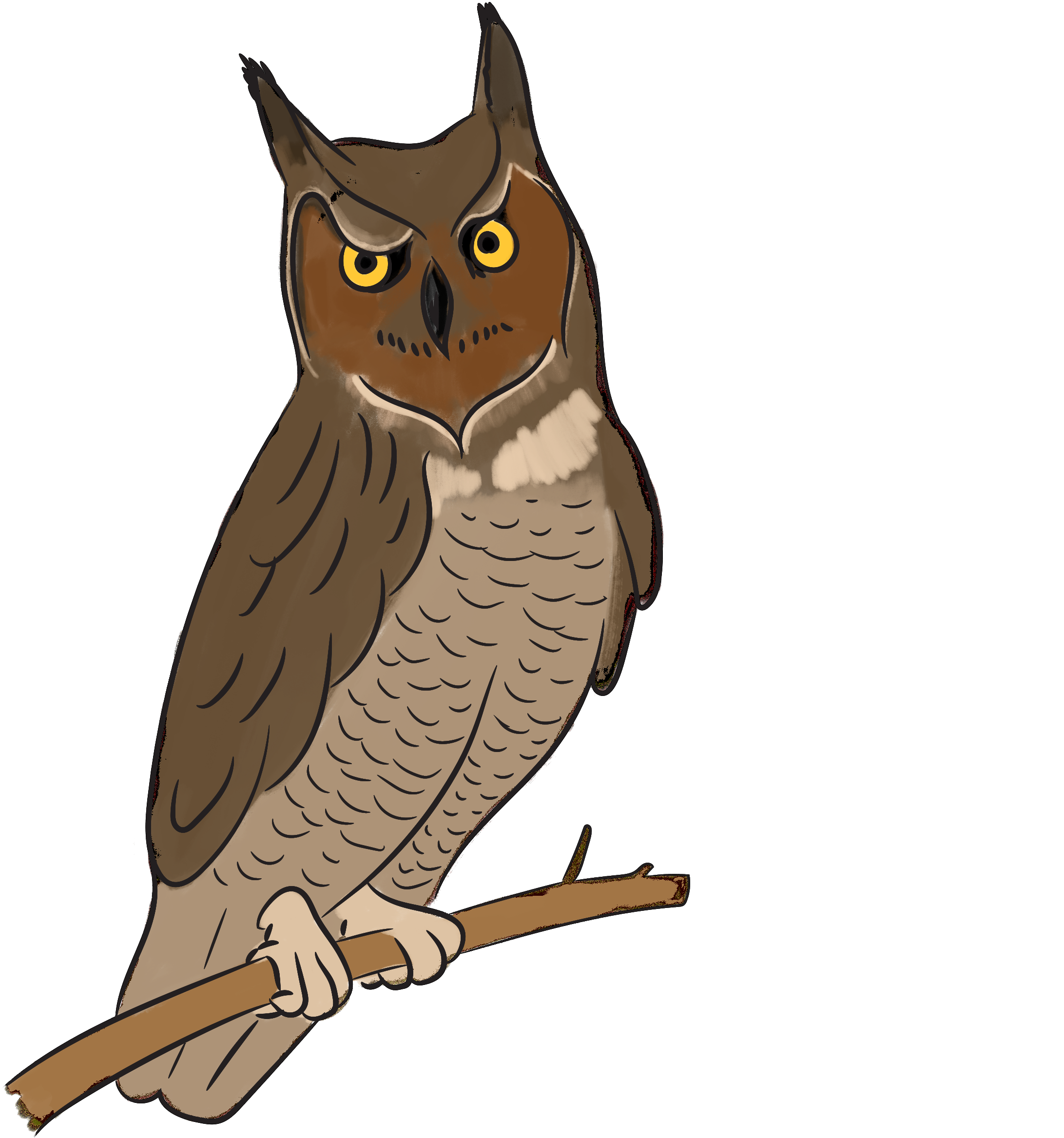
Hire a technical writer for your project in 10 steps
By Catherine Heath on Writing docs from August 31, 2018
You’re looking to hire a technical writer and wondering where to start. This post deals with hiring a technical writer for your project in 10 practical steps.
1. Understand technical writing
Acquaint yourself with the field of technical writing. No one can be an expert in everything but you should at least understand the field you are attempting to hire from.
According to Tech Whirl:
“Technical writing involves communicating complex information to those who need it to accomplish some task or goal.”
It’s using writing skills to instruct users and provide necessary information so they can benefit from your product or service. It’s often seen as part of customer support, product development or User Experience.
Find out more about technical writing on the website of the Society for Technical Communication.
2. Assess your needs
Define the scope of your project. What sort of service you need? What skills will it take to fulfil the project objectives? When does it need to be completed by?
A complete lack of documentation is going to be harder to fix than editing, formatting, rewriting and adding to existing documentation.
This will require much more input and effort from the technical writer than if you have a pool of documentation that just needs to be brought up to scratch.
3di has a good resource on their website describing when you might need a technical writer.
3. Choose a hiring model
Decide how you want to hire a technical writer – contractor, freelancer, full-time employee, agency. How you hire affects costs and you’ll need to price accordingly. Here’s an excellent blog post on how much technical writing costs.
There are many different types of technical writers and they will also be working on multiple different pricing models.
Technical writers are typically hired as contractors rather than freelancers. This means you would pay them a day rate on a temporary contract for the duration of your project. They may even work on-site for you at your company offices.
If you’re hiring a technical writer for a single project, it’s unlikely you’ll be looking for a full-time member of staff. Perhaps you’re developing a software solution and you’ve realized you need a technical writer on your team temporarily as a contractor.
Hiring someone as a contractor can also help you get a feel for how they will work with you. Then you can consider hiring them on a more permanent basis if it works out well.
Some companies also choose to work with agencies because it seems to offer more assurance that the job will get done on time to a high standard, and the agencies take care of coordination. Pick your agencies wisely.
4. Look for educational background
The traditional discipline of technical communication is well-established and feeds directly into corporate tech comm. Many technical writers have a background in the field of technical communication study and some of them have a degree – though not all of them.
Small companies might not need the level of expertise of many expensive senior technical writers. Perhaps you just want someone to write your product documentation and that doesn't require in-depth knowledge of tech comm.
Do you need your technical writer to have a degree at all? Perhaps you are in the medical field or you need some other kind of specialist knowledge.
The new breed of technical writers may have alternative education and experience. They may be former developers or come from a customer support background. A degree isn’t everything and might not be necessary for your project.
5. Hire for skills and knowledge
Technical writing encompasses many different types of skills. It’s a combination of technical proficiency and communication skills. There are no hard and fast rules of what your technical writer needs to know, but you have to decide if they will be fit for the role you have designed.
One of the biggest skills to look out for when hiring a technical writer is proficiency with Information Architecture. This means being capable of designing the structure of your documentation to fit in with the user journey and enable content discovery.
Copywriting skills could also be important in your documentation. You don’t necessarily want content that is dry and hard to read, so someone with a flair for writing is key.
Decide if you want your technical writer to be more of an editor of the material, or if you want them to be able to write original technical documentation.
In the latter case, they will potentially interview your Subject Matter Experts (these could be engineers or other technical specialists) so you need to make sure they are capable of this task.
6. Think about tooling
Technical writers use a variety of specialist tools. Proficiency with and access to certain tools should inform your hiring decision.
Does your project require experience with help authoring tools such as MadCap Flare or Adobe RoboHelp, publishing tools like Adobe FrameMaker, or be familiar with XML authoring in open systems like DITA? Factor in these costs when hiring someone.
Do you want your technical writer to be able to use technical tools like GitHub and Atom, and be able to take part in your development workflow? Not everyone is familiar with these tools and onboarding will take time to learn.
If your technical writer is writing software documentation for developers then they will probably need some development experience. If they’re writing it for the end user then maybe not. Decide on a case-by-case basis.
7. Review past experience
Look for someone who asks you a lot of questions about your project and has experience in a similar domain to yours. Ask to see their technical writing portfolio.
Contributions to open source can also be a good indicator of the type of work this technical writer is interested in, especially if you’re in the software engineering industry. Take into account all types of experience include paid work, volunteering and open source.
Think about the industry area you are hiring for. Do you work in pharmaceuticals, or do you want to document an API? These all require distinct experience and knowledge.
Look for a person who fits the job description with a portfolio containing relevant examples of past work. Bear in mind that not all projects can be included in a portfolio as they are completed under an NDA (Non Disclosure Agreement).
It can be good to ask another company in your industry for any recommendations, or perhaps you can contact a former employee of yours now working in this field.
8. Choose the right job title
Technical writing is a broad field with multiple interpretations for the title “Technical Writer”.
For example, a technical writer could be someone who writes about specialist technical topics such as engineering, or it could be someone who writes instructional content in a wide variety of industry areas.
If you don’t need the content to be particularly specialised, then perhaps you need a content writer. Alternatively, you may need a copywriter or a UX writer.
In all likelihood you need to advertise for a Technical Writer but then elaborate more in the job description. Be as specific and clear as possible, but don’t exclude people from non-traditional backgrounds with excessively high standards.
9. Use the community
Many technical writer jobs are not advertised. They are posted in communities like the Write the Docs community or the Institute of Scientific and Technical Communicators.
Follow hashtags on twitter like #writethedocs and #stc. Join online groups like Support Driven and Write the Docs ahead of time so you can easily advertise your jobs when you have an opening. The Write the Docs Slack forum has a jobs channel where you can post.
Of course you can use general jobs boards and recruitment websites, but this is going to widen your pool of applicants. You may end up getting a lot of applications that aren’t really suitable and wading through a lot of fluff.
Ask any of your developers if they know any technical writers, as the development and technical writing communities overlap somewhat.
10. Streamline onboarding
What will your technical writer need to know to get up to speed with your project? Limit their involvement to simple tasks at first to give them a chance to learn about the project. If you can get another team member to coordinate most of their work that will be much faster.
The reason for this is that a freelancer or contractor you hire externally will have a much harder time understanding your processes and finding the information they need. Limit the amount your technical writer has to coordinate and guess about what you might need. Let them do what they are paid to do instead of wading through emails.
Come up with a thorough process for your documentation that you all can follow. Record it in a shared document which can be accessed anytime by the whole team.
Final remarks
It’s your responsibility to design a role for a technical writer, and define the exact skills and experience that would enable your candidate to do the job effectively.
Assess your needs, write a compelling job advert, tap the community and review past experience and portfolios. Give your new technical writer the tools they need to succeed.
Good luck in your search!
Our knowledge base software KnowledgeOwl enables technical writers to publish outstanding documentation. Sign up for a free trial.


Writing docs
(225)

General posts useful to all documentarians about writing documentation, editing and publishing workflows, and more.


Feature spotlight
(11)

Your flight plan for how to get the most out of KnowledgeOwl features and integrate them into your workflows.


Announcements
(21)

Major KnowledgeOwl company announcements.


Customer stories
(8)

Learn how others are using KnowledgeOwl & get pro tips on how to make the most of KO!


Company culture
(36)

Find out more about who we are and what we value.


Support
(58)

We believe good support is the foundation of good business. Learn about support tools and methodology.


Tools
(40)

Learn more about tools to solve various documentarian issues, within and beyond KnowledgeOwl.


All
(344)

Not sure what category you need? Browse all the posts on our blog.

Got an idea for a post you'd like to read...or write?
We're always looking for guest bloggers.
Learn moreStart building your knowledge base today
- 30 days free (and easy to extend!)
- No credit card required
- Affordable, transparent pricing
- No cost for readers, only authors
Want to see it in action?
Watch a 5-minute video and schedule time to speak with one of our owls.


